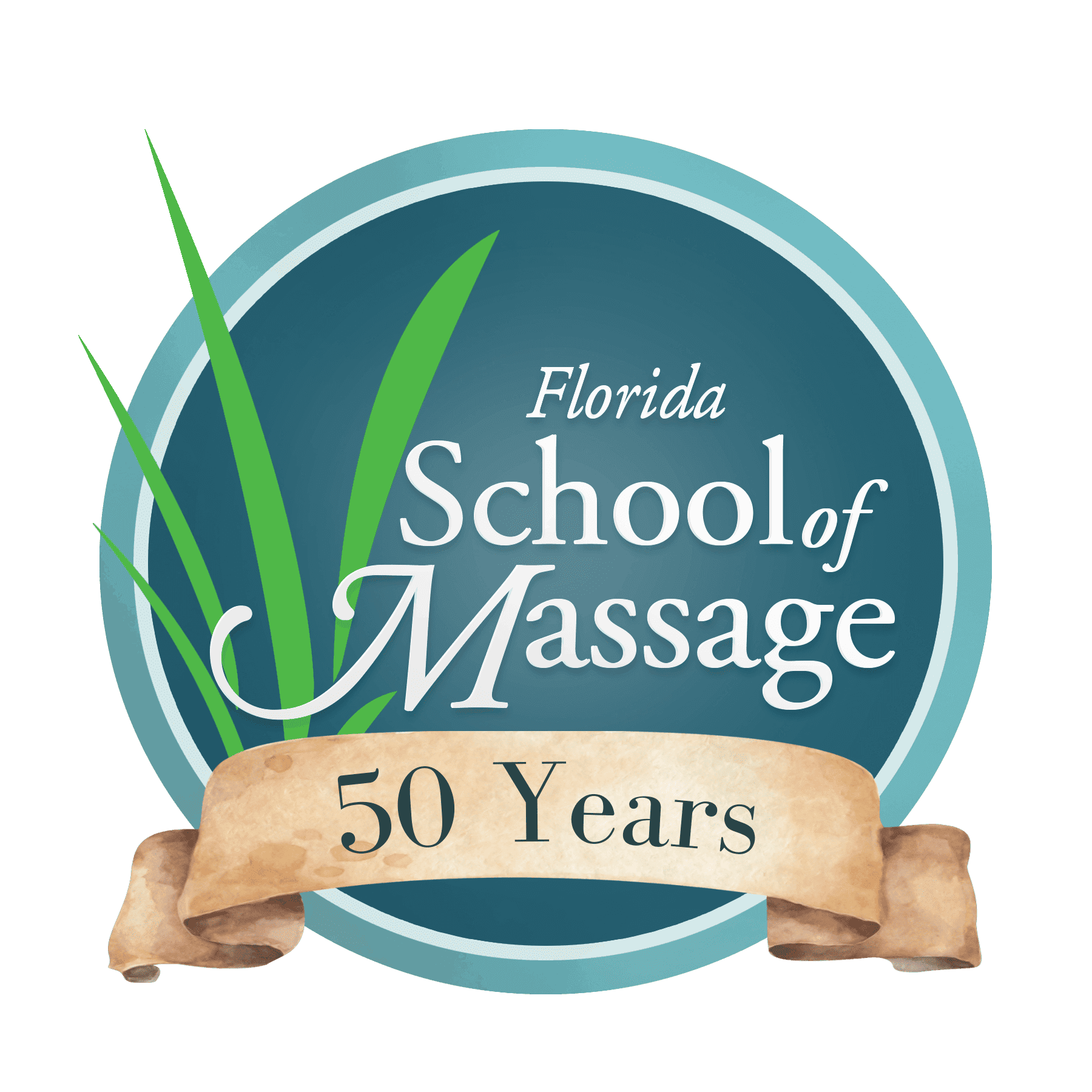by Pete Whitridge
I’m always excited to see what’s new in the world of research evidence documenting the benefits of manual therapies. Those of us who work in the profession know empirically that massage therapy offers enormous benefits for health and wellness. Happily, there are researchers and therapists whose studies confirm for the rest of the world what we witness in our practices daily. The Massage Therapy Foundation is the nonprofit arm of the profession whose mission is to fund research and disseminate findings through their journal, educational tools and conferences.
Held once every three years, the Foundation’s Research Conference will be held May 9-10 in Alexandria, VA. I can’t wait to see one of my favorite presenters, Helene Langevin, who will be the Keynote Speaker. Dr. Langevin, medical researcher in neurological sciences and integrative medicine, has been a professor at both Harvard Medical School and U. of Vermont College of Medicine. She was recently appointed as Director of the National Center for Complementary and Integrative Health at the NIH. She’s a leading fascial researcher dedicated to exploring the many roles of the connective tissues. “As the principal investigator of several NIH-funded studies, Langevin’s research interests have centered around the role of connective tissue in low back pain and the mechanisms of acupuncture, manual, and movement-based therapies. Her more recent work has focused on the effects of stretching on inflammation resolution mechanisms within connective tissue.” (1) Dr. Langevin’s groundbreaking work in these areas and her presentations at the various Fascia Research Congresses have been very helpful to me personally as a teacher and therapist. And Dr. Langevin is only one of many accomplished researchers working in the bodywork field who will be presenting at this upcoming conference. It’s always exciting to hear about the latest research evidence in our profession.
An excellent resource that includes Dr. Langevin’s work is the documentary entitled, “The Mysterious World Under the Skin.” Her work, and that of various other researchers, demonstrates the diverse important roles that the fascia and connective tissues serve within the body. From immunity and wound repair to internal sensing (interoception) and pain relief, the fascial tissues play an important role in our everyday health. Movement is a key factor in health and wellness. As an LMT you can feel the difference between clients who are sedentary versus those who are active. The research shows that daily activity is vitally important for longevity and good health. It also shows that wounds heal more quickly when they are put into a gentle stretch. I recommend this documentary highly and encourage all LMT’s to view it.
I’m excited to be offering my workshop Therapeutic Strategies for Surgeries, Scars and Burns on June 22-23. This class offers a grounding in wound repair and tissue healing, the principles of pain management, and practice working with various types of scars. Scars are living tissue and clients must be encouraged to touch and sometimes manipulate their own scar tissues to help support proper healing and function. I will bring some new information from the 2018 Fascia
Research Congress and the 2019 Massage Therapy Foundation Research Conference to help deepen your therapy practice and to expand your therapy skills. I hope you’ll join me in June or for Myofascial Components of Neck and Shoulder Pain in August.
Footnotes:
(1) NIH Names Langevin Director of National Center for Complementary & Integrative Health, Univ. of Vt, Larner College of Medicine, Dept. of Neurological Sciences website posted August 28, 2018.



